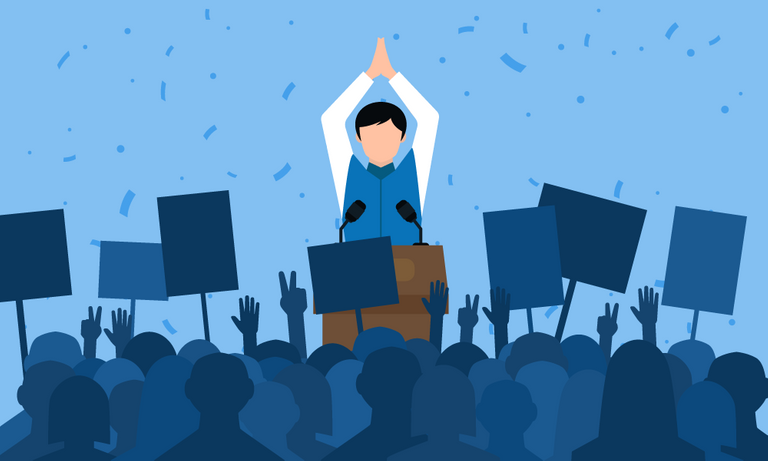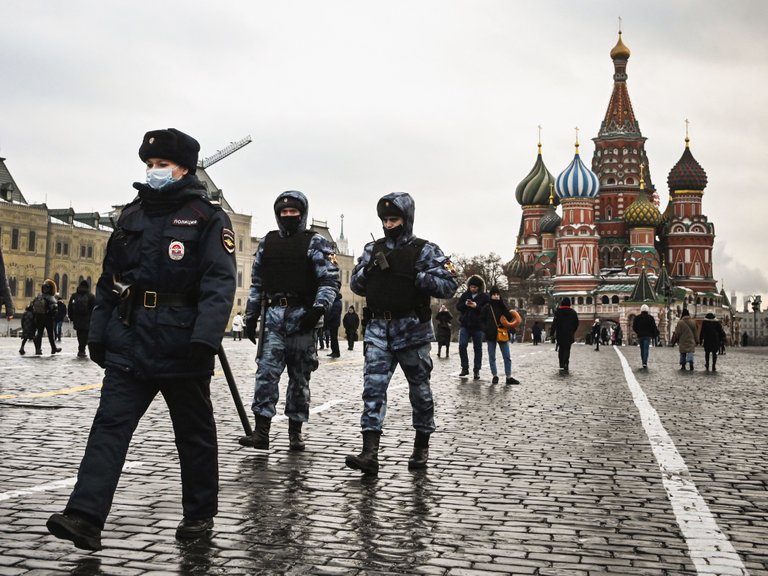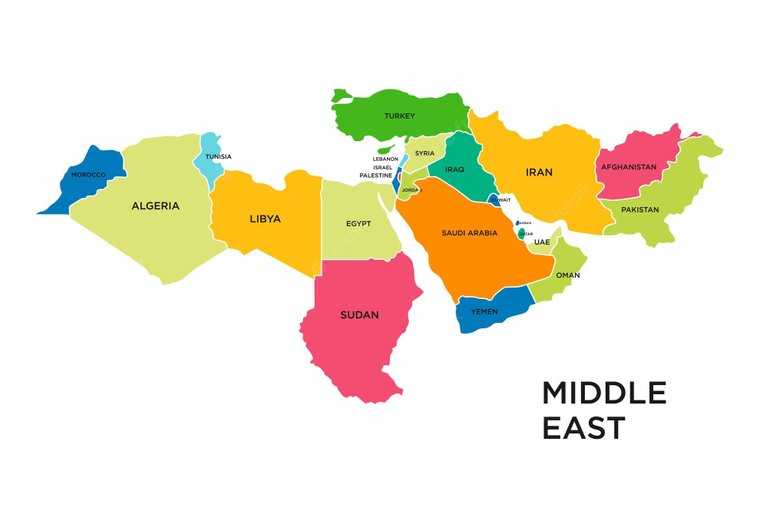It is certain that one day a less repressive regime will emerge (in Russia), but the West's influence on political change in Russia "will be limited" and that change is coming to Russia, saying "to be precise, great change is coming." That is the name of the children's and youth movement he is founding. The Kremlin is under the personal control of President Vladimir Putin.
The Making Great Change bill appeared on May 19, the Pioneer Centenary. The new movement is prohibited from cooperating with "foreign agents" and "unwanted" organizations, referring to organizations in the West and those who criticize the Russian regime from within.
The definition of Putinism (Putin's policy), which is entering its third decade, is that it is "as much about internal repression and manipulation of minds as it is defined by foreign aggression. This mixture is a constant feature of modern Russian history. On the contrary, when Russia is going through a liberal moment in At home, as was the case under Mikhail Gorbachev, the former Soviet leader, its foreign policy tends to de-escalate international tensions.
that "no liberal transformation under Putin can be imagined" as Russia's history runs through cycles: dictatorship under Joseph Stalin, reform under Nikita Khrushchev, tougher conditions under Leonid Brezhnev, liberalization under Gorbachev and Boris Yeltsin, and repression in Putin era. Although we don't know when the cycle will start again for sure."
He thought the Ukraine war might play its part in bringing about change, because earlier wars that went wrong, the Crimean War of 1853-1856 and the invasion of Afghanistan in 1979, had "spurred the quest for reform, leading successively to the emancipation of the peasants (the serfs of the land) and the perestroika of the president." Gorbachev". On the other hand, "a Russian victory in Ukraine may prolong the cycle of oppression, as did Stalin's victory over Nazi Germany in World War II."
It was in 2008, when Putin chose Dmitry Medvedev, to replace him for a four-year term as president, that Westerners seized on the new man's passion for British rock band Deep Purple. The West believed that there was a post-communist Russia that could be dealt with, but the story faded away, and it was a false dawn, according to the writer.
The erratic nature of Putin's power structures makes it difficult to determine who might embody the next shift of the cycle. Much of the power resides in the military and security men, but some influential figures, such as Yevgeny Prigozhin, a businessman known as "Putin's chef", do not hold any official government position.
New slogan for the war in Ukraine
On Russia, we also read an article in The Times about the Kremlin's attempt to re-market its war in Ukraine by changing the "Z" logo, which was placed on Russian armor and weapons during the fighting.
Writer Mark Bennetts said that "the Kremlin may be planning to reframe" its invasion of Ukraine after officials ordered the removal of huge banners from prominent buildings bearing the pro-war Z and V symbols.
Although they were likely initially used for identification purposes, Russian defense officials later said they stood for "zaupido" and "sela in pravdy," which translates to "victory" and "strength in truth."
Benites believes that the Russians have failed to attract public attention, and these two characters appear mainly in government offices, pro-Kremlin organizations and in police cars.
"It is possible that the Kremlin is planning to change its branding," political analyst Abbas Galliamov was quoted as saying. "These two strange letters did not register a good memory, so they should be replaced with something more effective."
Interestingly, the Russian alphabet does not contain the letters Z and V, although they have a phonetic equivalent. Critics say the Z symbol, which was also used by Nazi forces during World War II, resembles a swastika, and opposition activists have dubbed it the "swastika".
Galliamov, a former Kremlin speechwriter, predicted that the decision to remove the symbols could be a sign that Moscow was looking for ways to end what it calls its "special military operation" in Ukraine.
The new reality of the Middle East
The Independent Online newspaper spoke of a "new reality in the Middle East" with the visit of Saudi Crown Prince Mohammed bin Salman to Turkey and the resumption of the path of partnership between the two countries.
Brozo Draghi, international affairs correspondent for the newspaper, said that both bin Salman and Turkish President Recep Tayyip Erdogan are looking for new opportunities to strengthen their power.
The writer explains that the Saudi-Turkish relations witnessed a golden period before the rising star of the crown prince, as well as the explosion of various disputes in the Middle East.
Draghi believes that it seems that the two countries have decided to return to the path of partnership, after six years of accusations, blockade, boycott, and proxy wars, all of which cast a shadow over the brutal murder of dissident Saudi journalist Jamal Khashoggi, in Turkey in 2018.
Bin Salman arrived in Turkey on Wednesday, in the first visit by a senior Saudi official to Turkey since the killing of Khashoggi, and Erdogan received him at the entrance to the presidential complex with artillery salutes and guards wearing blue uniforms on horses carrying the flags of Saudi Arabia and Turkey.
The writer indicated that bin Salman's visit came after his visit to Egypt and Jordan, and a day before the visit of British Defense Minister Ben Wallace and Foreign Minister Liz Truss to Ankara for security talks. He said that Turkey is considering buying Eurofighter Typhoon warplanes produced by a British-German-Spanish-Italian consortium.


